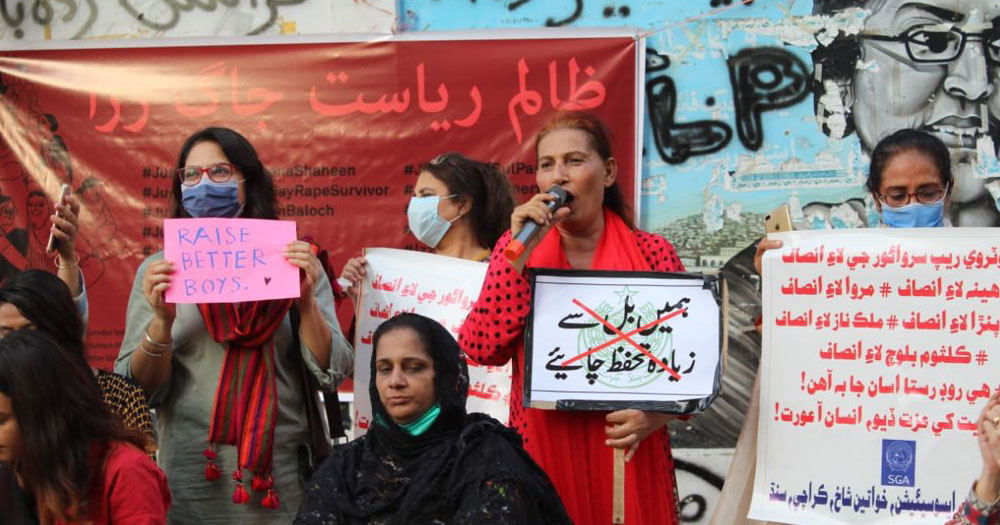The Council of Islamic Ideology (CII) has said that a Pakistani law that was enacted in 2018 enabling Trans people to self-determine their gender is “inconsistent with Islamic principles”.
The progressive bill permits Trans people to have their gender recognised without approval from a medical board and allows them to obtain official documents with their desired gender markers.
The bill also coincided with the implementation of another bill to protect Trans people from discrimination. Along with these legislative changes, Pakistan also saw many institutional changes being implemented, including one university offering free education to students who identify as Trans.
According to a report published in Oy! OyeYeah! earlier this week, the Council of Islamic Ideology have claimed that the law is “not in line with Shariah,” despite the fact that, during a consultation in advance of the bill being passed, they had agreed that no medical certification should be needed in order for a Trans person’s gender to be recognised.
As the CLL is a religious constitutional body appointed to advise the legislature, their statement could jeopardise the validity of the bill.
The CLL statement continued, “Several provisions of the act are inconsistent with Islamic principles” and called on the government to form a review committee to include “CII members, religious scholars, and legal and medical experts.”
The statement comes after right-wing senator Mushtaq Ahmed filed a legal petition with the Federal Shariat Court on the grounds that the legislation contravenes the Islamic principles of Pakistan.
He reportedly argued that allowing a Trans person to change their gender marker in legal documents would endanger the “family and inheritance systems” which determine how inheritance is distributed under Islamic law.
Depending on the findings of the review committee, the CII’s statement could end up seeing the law reversed, impacting as many as 10,418 Trans people throughout Pakistan, as reported in the 2017 census.
© 2022 GCN (Gay Community News). All rights reserved.
Support GCN
GCN is a free, vital resource for Ireland’s LGBTQ+ community since 1988.
GCN is a trading name of National LGBT Federation CLG, a registered charity - Charity Number: 20034580.
GCN relies on the generous support of the community and allies to sustain the crucial work that we do. Producing GCN is costly, and, in an industry which has been hugely impacted by rising costs, we need your support to help sustain and grow this vital resource.
Supporting GCN for as little as €1.99 per month will help us continue our work as Ireland’s free, independent LGBTQ+ media.

comments. Please sign in to comment.